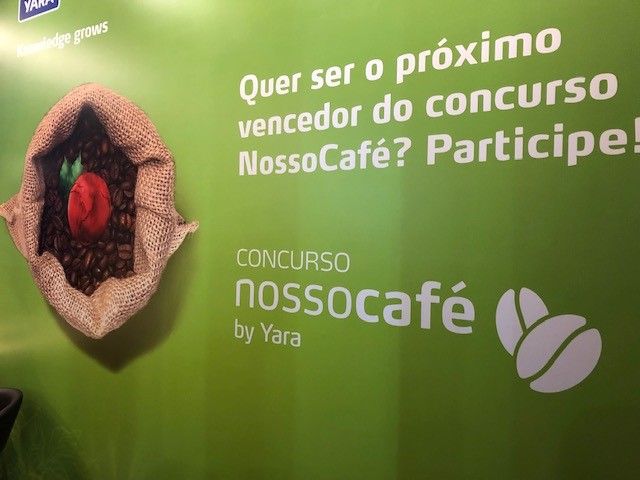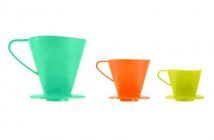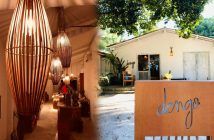Did you attend it? Check here the main events of these three intense days.
International Coffee Week 2019 was held on November 20-22 at Expominas in Belo Horizonte, MG, and according to its organizers received a record audience of 23,000 people from 40 countries, served 80,000 cups of coffee and generated business in the range of R$ 50 million. This year, SIC had 220 exhibitors, 25% more than the previous year.
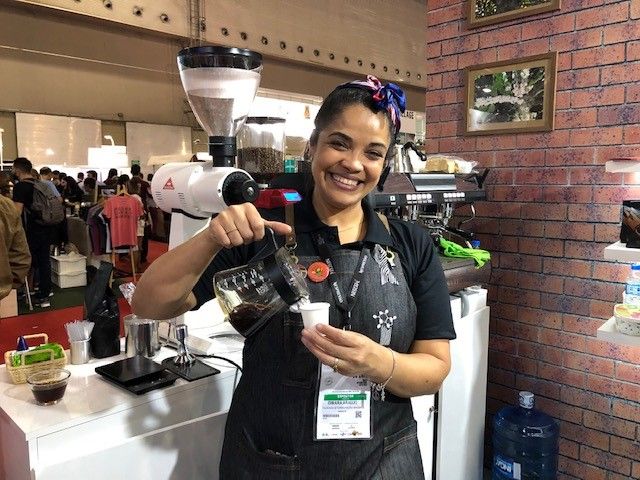
National Barista Championships – This year, no international championship. Only the nationals, the Barista Championship, the Brewers and the Cup Tasters, promoted by the Brazilian Association of Specialty Coffee (BSCA). The winners were: Léo Moço, from Curitiba, who was the best Barista; Júlia Fortini, from Belo Horizonte, the best coffee maker; and Phelippe Nascimento, from Carmo de Minas (MG), the best coffee taster.
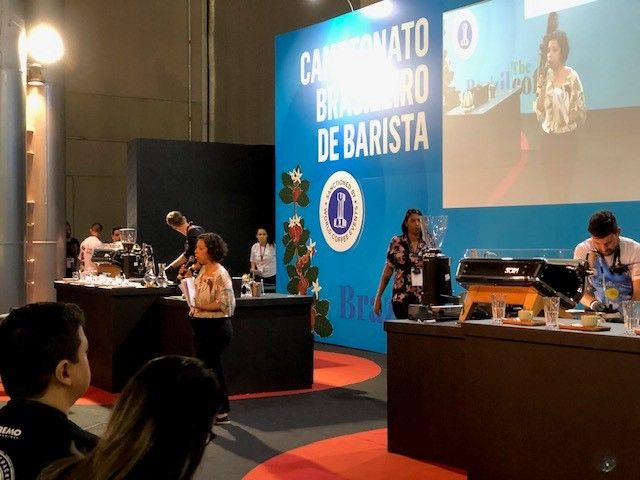
IWCA – SIC hosted the annual meeting of the International Coffee Women Alliance of Brazil, where around 800 coffee farmers gathered to discuss the world scenario and the challenges for 2020.
Coffee of the Year Contest – This year, producer Wilians Valério, from Alto Caparaó, won the title of Best Arab Coffee; and the two-time champion Luiz Cláudio de Souza, from Muqui (ES), from the south of Espírito Santo, with the best Canéfora coffee.
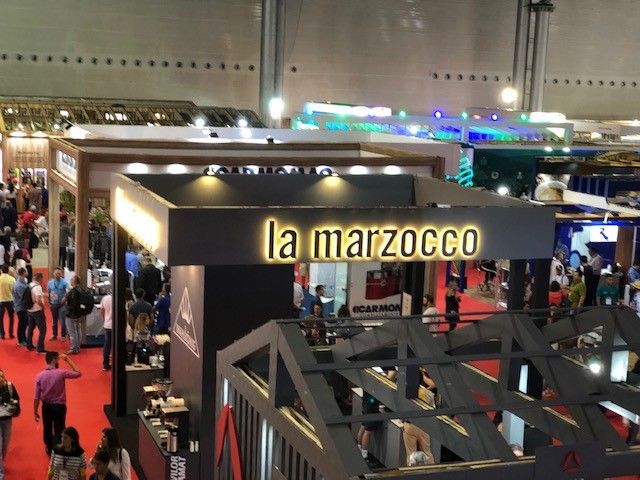
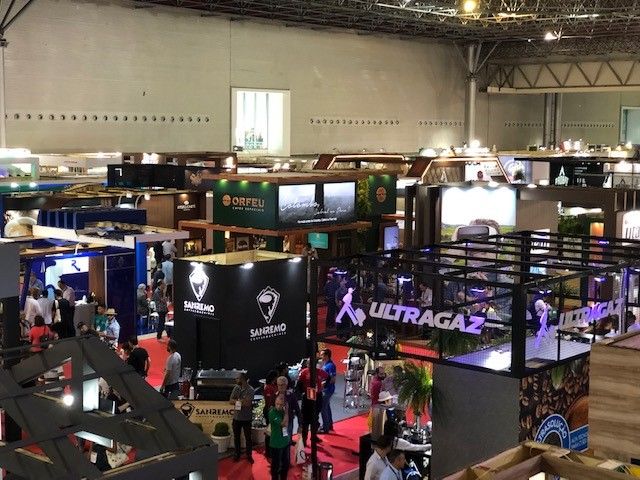
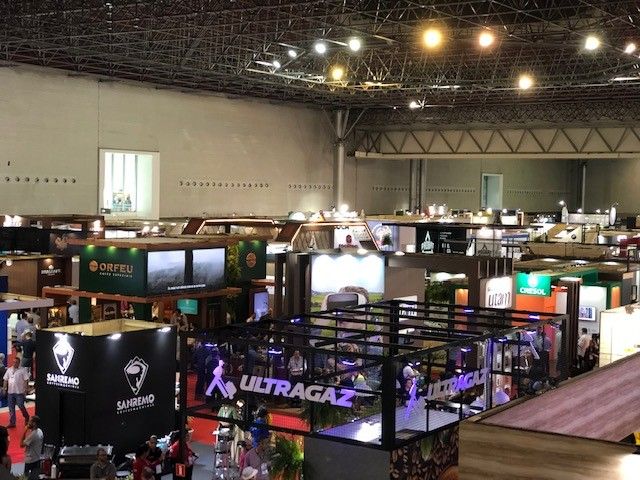
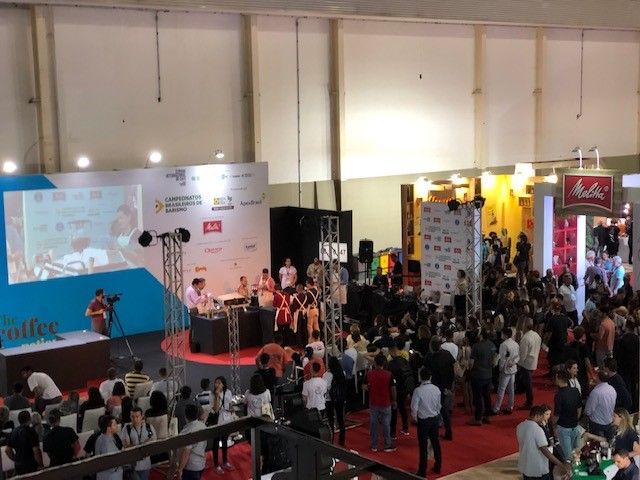
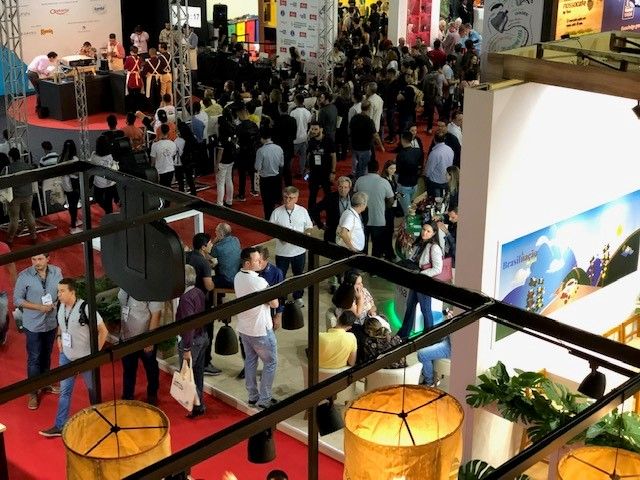
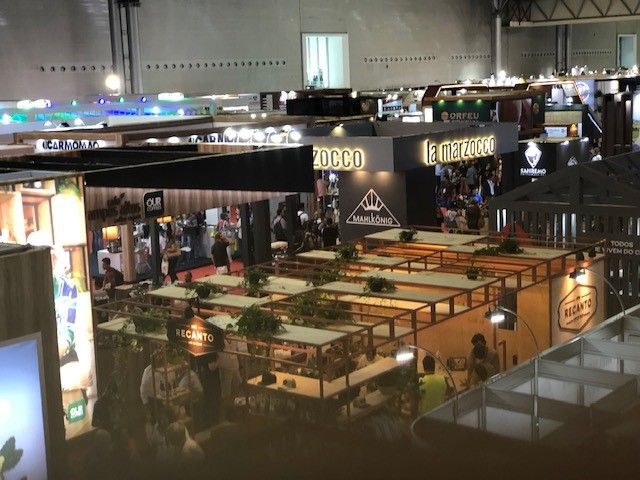
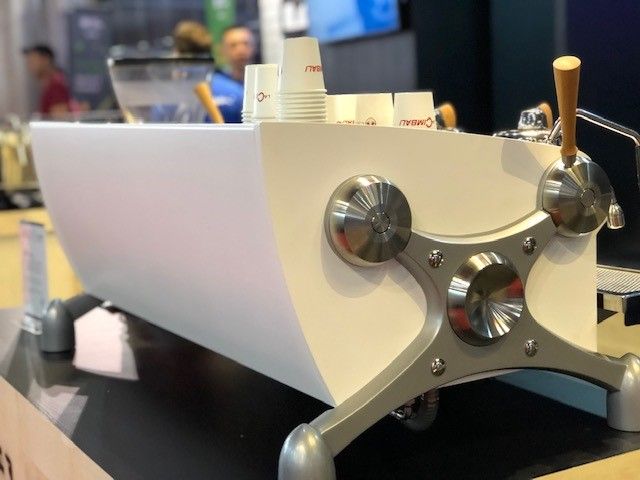
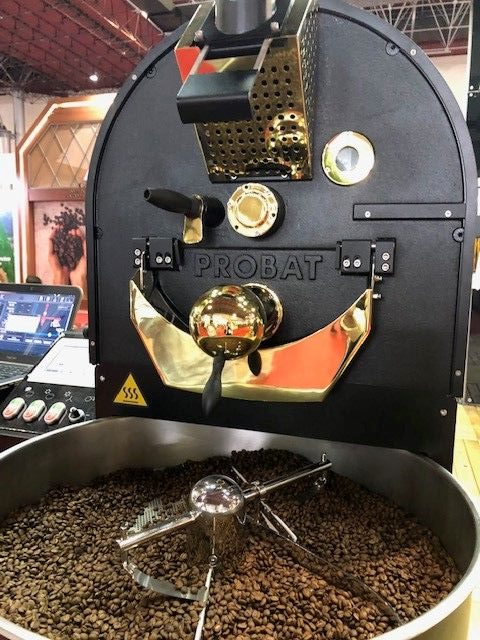
NossoCafé Yara Coffee
Yara Fertilizantes awards the winners of the 3rd. edition of NossoCafé contest during the International Coffee Week – SIC, in BH
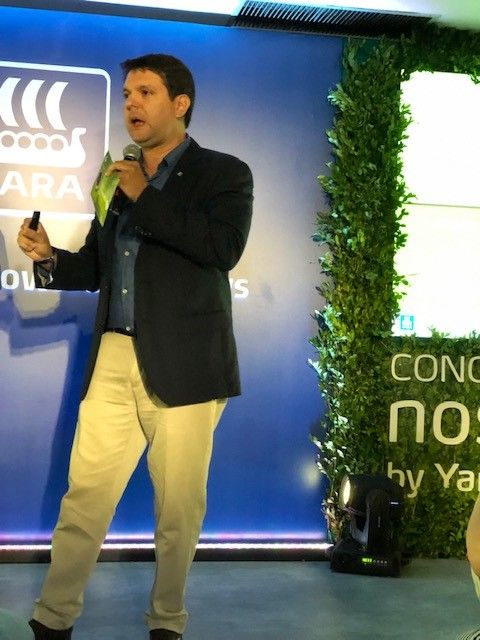
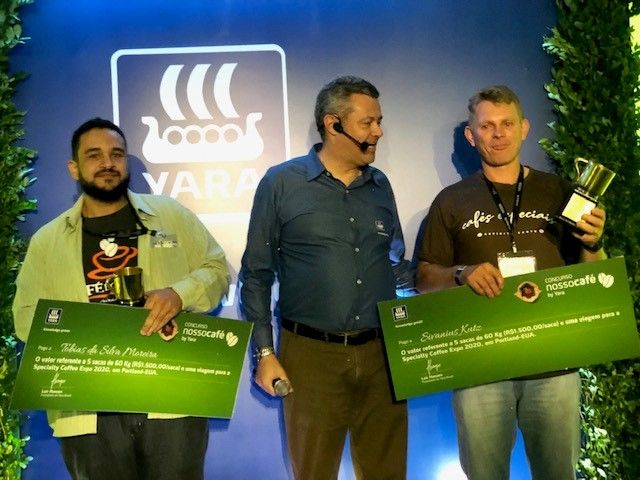
In the natural coffee category, the winner was producer Tobias da Silva Moreira, from the region of Matas de Minas, and in the peeled cherry category, Sivanius Kutz, from Espírito Santo, won it.
Yara, the world leader in plant nutrition, held the third edition of the NossoCafé contest, with a positive balance: it received 164 samples, 49.1% more than in 2018. There were two stages of tests, classification and sample selection, conducted in Muzambinho, MG, by experts in the field and in accordance with the rules of the SCA, Specialty Coffee Association.
Ten samples were selected, five in the peeled and natural cherry category. Sivanius Kutz, from Espírito Santo, won in the peeled cherry category and Tobias da Silva Moreira in the natural category. Both will go to Portland, USA, to attend the Specialty Coffee Expo 2020, with all expenses paid. Moreover, its lots were acquired by Yara for an amount above the market, R$ 1,500.00 (referring to five 60 kg bags) and their names and properties data will be stamped on NossoCafé packaging, which will be distributed worldwide by Yara.
“One of the pillars that help in the sustainability of coffee growers and coffee growing is quality. Yara’s NossoCafé contest aims to reward this quality, these coffee growers and connect their coffees to a growing new international demand for specialty coffees. We are constantly evolving in the competition, clearly realizing that year by year the quality is increasing and new flavors and regions are emerging,” explains Yara’s global coffee manager, João Moraes.
Moraes also recalled that all coffee farmers can participate. Just meet the requirement to use the nutritional recommendation of Yara that, according to the executive, brings benefits of productivity, quality and economic, social and environmental sustainability for producers.
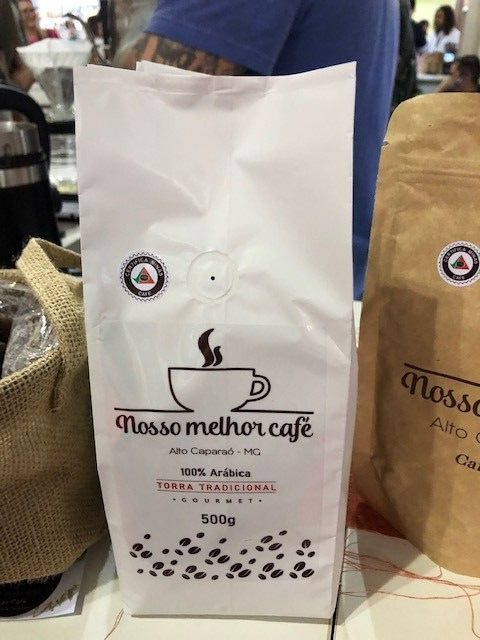
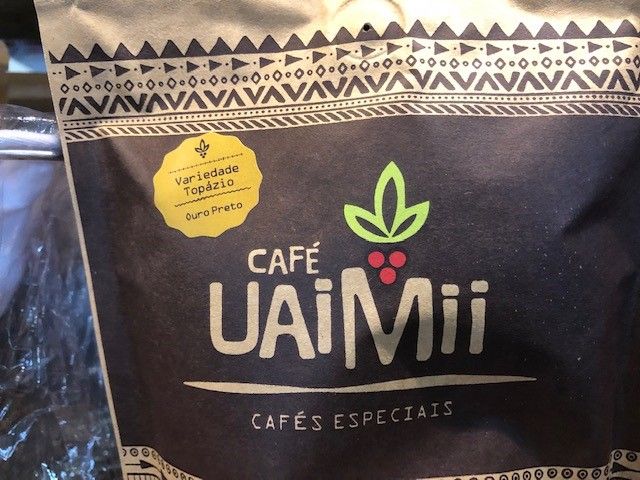
Challenges in the production of specialty coffees
The night was fun and also had a lot of information. Yara took advantage of the massive presence of the producers who were participating in the contest awards party as well as their families and gave a talk on the advantages of producing specialty coffees, delivered by BSCA director Vanúsia Nogueira.
Vanúsia stressed the advantages of producing specialty coffees, making it possible to get unrelated prices from the New York Stock Exchange and, consequently, more attractive to the producer. In addition, she brought data from the international consumer market, previously unknown to the audience. For example, she explained that the continent that consumes the specialty coffees most is Europe, the second one is Asia and Oceania, followed by North America and Canada, and then South America, Africa and Central America and Mexico, which only produce it and do not have a domestic market, unlike Brazil.
She also recalled that Vietnam, the second largest coffee producer in the world, behind only Brazil, only entered the market for real in the mid-1980s. “This means that the game is not won. Brazil produces a lot of coffee, but we can always increase our productivity and quality. And that is why you are here,” she concluded.
